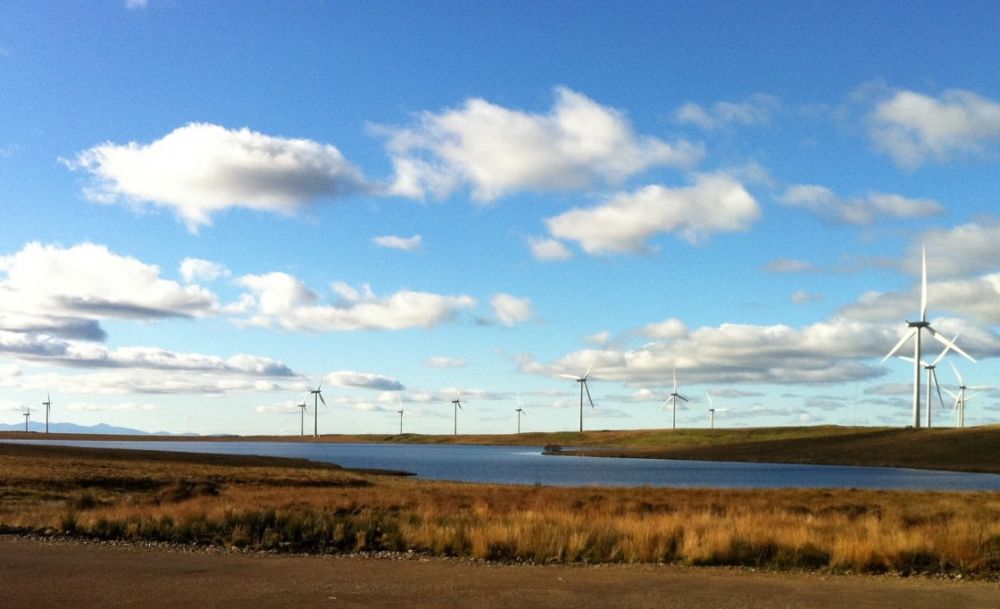CPI announces new design for investment in renewable energy
Climate Policy Initiative (CPI) Energy Finance just announced their new investment design aiming at facilitating cheaper long-term capital to finance wind and solar energy projects.

Climate Policy Initiative (CPI) Energy Finance just announced their new investment design aiming at facilitating cheaper long-term capital to finance wind and solar energy projects.
Establishing an investment-grade vehicle to hedge long-term liabilities in renewable energy projects, the new investment system – the Clean Energy Investment Trust (CEIT) offers higher returns than with bonds, and it will enable lower management fees.
According to CPI, the new investment design, if adopted more widely in the market, could help reducing the cost of clean energy by 15 to 17 per cent and therefore help unlocking institutional investment in renewables.
If the price of renewables was to drop by 15-17 per cent, CPI thinks that this would also encourage developers to bid less for contracts for new assets – having more certainty about gaining a higher price by selling to a CEIT.
The unlocked capital would also be redirected to high risk and high reward projects, which would considerably help innovation within the sector.
The new design could help the traditional utility model of financing to evolve as it is “no longer fit for purpose in a high-renewables scenario", according to David Nelson, Executive Director of CPI-EF.
Nelson also said: "By unbundling this model and splitting it into three distinct but interdependent cashflows, we can drive capital more efficiently towards a future energy system that is not only low-carbon, but also low-cost - that's the prize. Institutional investors should find that the CEIT overcomes many of their barriers, plus other investors seeking higher returns will have a major opportunity to finance more of the riskier, longer-term capital that will enable us to achieve full decarbonisation. The CEIT has the potential to open up a new major class of investment that can help catalyse finance in a way that accelerates the low-carbon transition."






